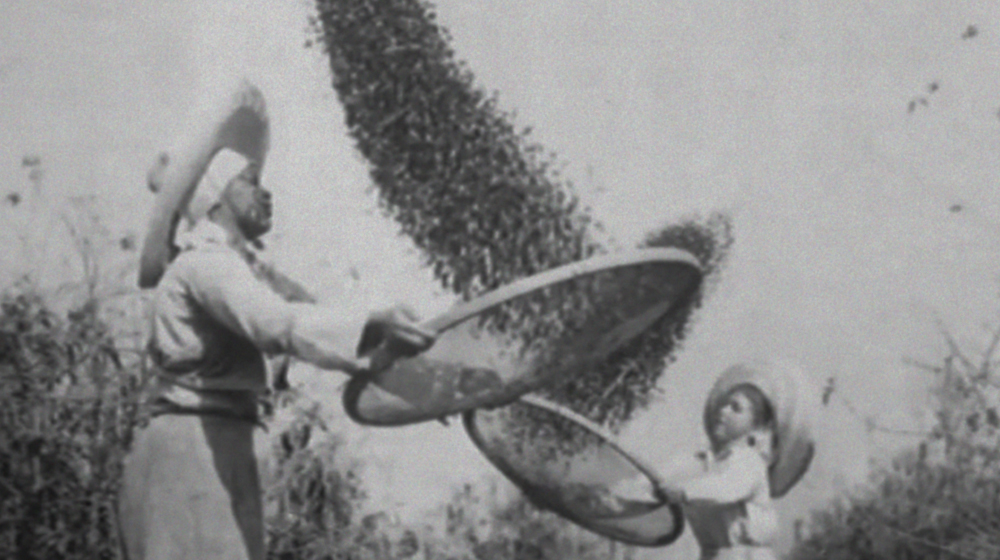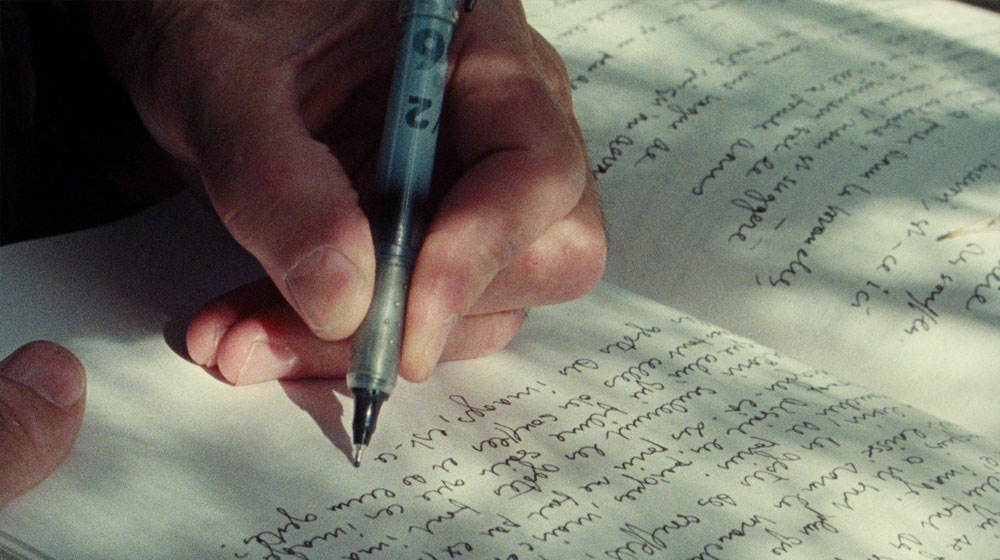The film was initially intended to be shown on television and in schools as an authentic lesson that would provide a comprehensive view of the history of Brazil, from the arrival of the first settlers in 1500 to the establishment of the military dictatorship in 1964. However, its apparently pedagogical air of the chronological narration, a synthesis based on a Marxist-inspired materialist-dialectical analysis, is called into question by the complex and often discrepant relationships created between sound and image.
The infinite plots of História do Brasil lead us to one of the projects that Glauber Rocha was unable to carry out: namely filming the history of Latin America. This archival work, made at a time of scarcity, also updates the notion of the aesthetics of hunger that was central to the filmmaker. A work that presents the history of Brazil - and in some ways that of Latin America - in a materialistic way, showing the colonial structures linked to power and the forms of resistance opposed to it over the years.
História do Brasil, Glauber Rocha and Marcos Medeiros, Italy-Cuba, 1973, 35 mm, 160' Original version in Portuguese with subtitles in French and Catalan.
Digital copy from Films Sans Frontières.

